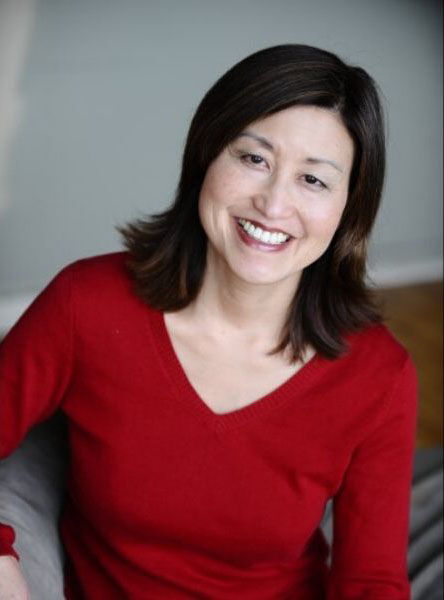Kent State professor’s 20 year long study leads her to question personal identity
February 24, 2021
Yuko Kurahashi, a professor in the school of Theatre and Dance at Kent State university, is an Asian American theatre specialist but does not like to be defined to that one title.
Kurahashi was born and raised in Tokyo, Japan. After graduating from college, she decided to travel to Indiana to further her studies in theatre as an international student.
Eventually, she decided to emigrate to the United States, get a full-time job and a green card and commit herself to be a contributing citizen to the United States. Over the years, she continued to shape her identity as a U.S citizen.
She then stumbled upon Ping Chong and his work when she visited a student who was working at Ping Chong + Company in 2000. While there she was able to witness a dress rehearsal for a show directed by Chong. For the next two decades, she dedicated her career to researching and studying the life of Chong.
Ping Chong is a second-generation artist, playwright and founder of his theatre company Ping Chong + Company. Chong has created various multimedia productions in order to challenge the societal characterizations of Asian American performers.
“I traveled everywhere; [where] Ping goes, I go. His work encouraged me to keep documenting more and more,” Kurahashi said. “The most fascinating thing about him was his refusal to be characterized based on his self-identity.”
Chong grew up in New York City’s Chinatown to Chinese immigrant parents. Throughout his life, he had experienced many forms of segregation and racism which he used to shape his art.
“Ping refuses to be defined as Asian American,” Kurahashi said.
Kurahashi said she herself originally identified as an Asian American theatre scholar even though she knew it was a very narrow scope. She soon realized her interest in theatre humanities went well beyond the boundaries of her self-identity.
“In order to survive or become an effective educator, you have to become more than you already are,” Kurahshi said.
After coming to this realization, she then began teaching everything from Greek to Shakespeare to 19th-century theatre. She found herself intrigued by anyone’s work regardless of their race, ethnicity or class.
“Chong’s work really informed me of the importance of not being defined or put into a group defined by others,” Kurahashi said.
Due to all she learned from Chong over the years of studying him, Kurahashi no longer identifies as an Asian American theatre professor and now labels her area of expertise as multicultural, intercultural and for the underrepresented populations. Although she prefers to not constrict herself to characterizations, Kurahasi notes the importance of acknowledging the categories society creates so she can help ensure she will not be labeled by them.
“Like Chong, I don’t live in the confines of the categories. I don’t even think categories are powerful, you [society] just have been taught to use them,” Kurahashi said. “We have departments and you have a specialty; if you don’t have one, the system collapses.”
When it comes to her teaching, Kurahashi has noticed that her dislike for characterizations has helped expand her students’ learning experience.
“When you are a teacher, they expect you to teach all kinds of theatre arts,” Kurahashi said. “Those expectations really helped me push the envelope and make a tremendous effort for my students to learn something else beyond my speciality.”
Kurahashi’s research on Chong inspired her to write her book, “The Interdisciplinary Theatre of Ping Chong.” The book focuses on Chong’s contributions to the world of theatre as well as his dedication to challenging the characterizations of Asian Americans in theatre.
Morgan Boyd covers research. Contact her at [email protected].












